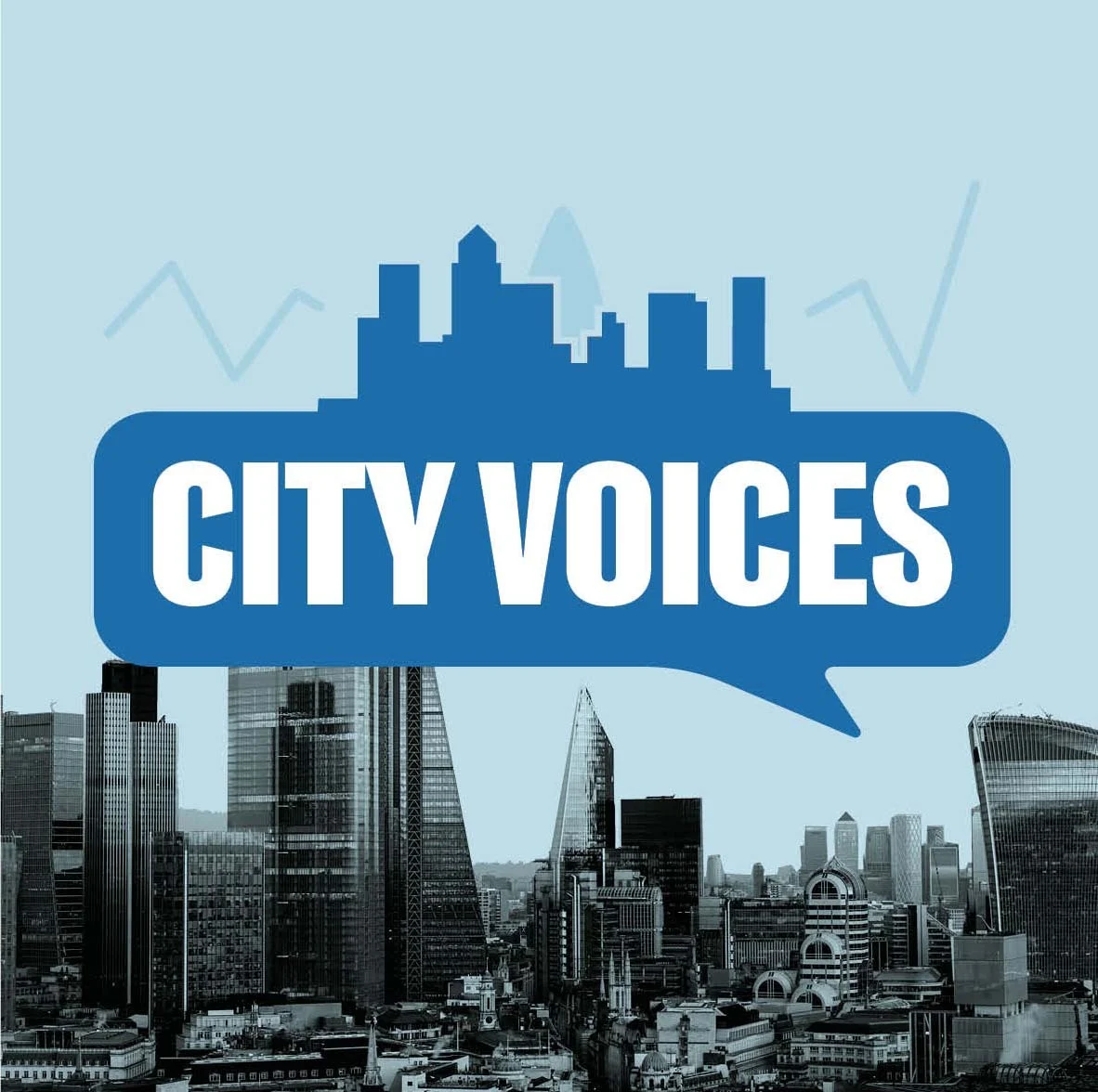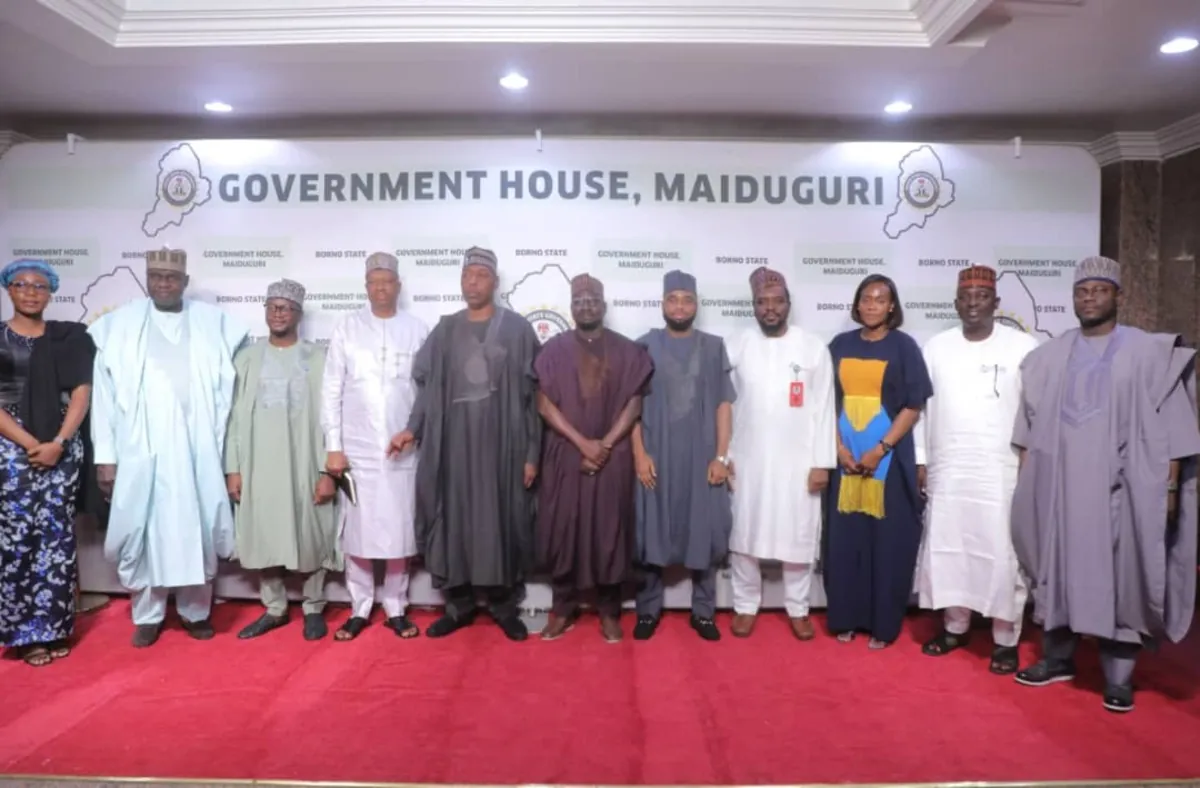Copyright standard

On Monday the West End will have the honour of kickstarting the festive season in the capital when our Oxford Street stars light up for the first time. As a Londoner, I’ve lost count of the number of times I have watched and waited for the twinkle of lights to signify that Christmas is here. No matter how many times I experience it, the magic of being in the West End at this time of year never wanes. For our members, this is also their most important trading period. For many, the success of the next eight weeks will determine the success of the year. Already, there is a hum of excitement as they pull out all the stops to surprise and delight visitors, delivering the exceptional festive experiences that have become synonymous with the West End. This year, visitors can once again return to the much-loved Santa’s grotto at John Lewis and Selfridges’ iconic Christmas shop, discover Scandi Christmas essentials at IKEA, enjoy exclusive gifting experiences at Diptyque, Pandora and Swarovski, and enjoy the very best of festive food and drink at the likes of the Sanderson, the Biltmore and Market Halls – to name just a few. The sheer breadth of what is on offer is staggering, and it would take far longer than eight weeks to experience it all! But, whilst I remain confident that the West End will retain its crown as the best destination to celebrate Christmas, our festive forecast, released today, lays bare an economic reality that cannot be ignored. After a period of sustained upwards growth post-pandemic, we are now seeing a normalisation in festive spend and visitation. Domestic shoppers remain cautious, and more intentional with spend as they grapple with persistent inflation and low consumer confidence. And international visitor spending – traditionally the main driver of headline sales growth at this time of year – continues to track well behind 2019 performance. An Autumn Budget set for the end of November is only exacerbating uncertainty, for shoppers and businesses alike. Against this backdrop, we are predicting the flattest year-on-year growth in festive spending since 2021 - a muted 1.3%. This shouldn’t be the case. As the UK’s best known flagship high street destination, the West End has all the right ingredients to succeed. In the last twelve months alone, we’ve seen an influx of brands and experiences - like IKEA and the Jamie Oliver Cookery School - and investment into new flagships for Rolex, Space NK, and Michael Kors. Former department store developments, the Elephant and the M Building, continue to progress at pace, promising Grade A office provision, ground floor retail and leisure, and rooftop terraces upon completion. All of this activity will be complemented by transformational future public realm schemes – delivered on Oxford Street by a new Mayoral Development Corporation, and on Regent Street by Westminster City Council and The Crown Estate. And yet, growth is stalling - a worrying bellwether for a Government which has made the health of UK high streets a key barometer for success. So, what can they do? As the representative of over 600 West End businesses, I know that current proposals for business rates reform are a concern for many. The Government has long asserted that its new ‘super tax’ – a higher rate multiplier applicable to businesses with a rateable value of over £500,00 – would primarily impact online warehouses. But it is incorrect. In fact, research conducted by High Streets UK – the pro-growth, nationwide partnership of flagship high streets, of which I am also Chair – found that this ‘super tax’ is five times more likely to affect a business on a flagship high street than anywhere else. For businesses in the West End – ten times more likely to be hit with the ‘super tax’ – the policy would result in a collective £45 million increase in business rates, jeopardising nearly 4,000 jobs and putting 450 trading units at risk of closure. It is a bitter pill to swallow after a bumper Budget of tax increases in April, which included increases to employers’ National Insurance and the minimum wage. These businesses are drivers of economic growth, creators of jobs, and anchors for local communities. They are a fundamental part of the West End’s ecosystem, a world-renowned calling card for London and the UK. And, most importantly of all, they are neighbours to the smaller businesses the Government is keen to safeguard, and valuable contributors to the national economy. That’s why we continue to call on the Government to exempt all retail, hospitality, and leisure businesses, including those in the West End, from an additional ‘super tax’ which would put their future in question. The West End alone generates 3% of the UK’s economic output – we can ill afford to undercut its success, especially at Christmastime. Dee Corsi is chief executive, New West End Company



